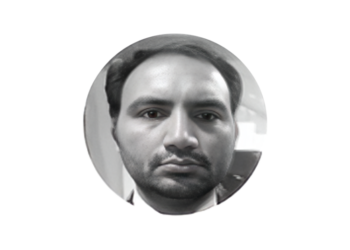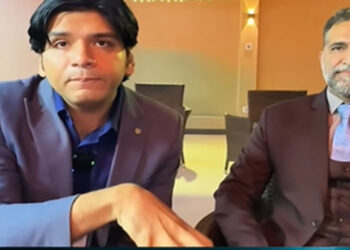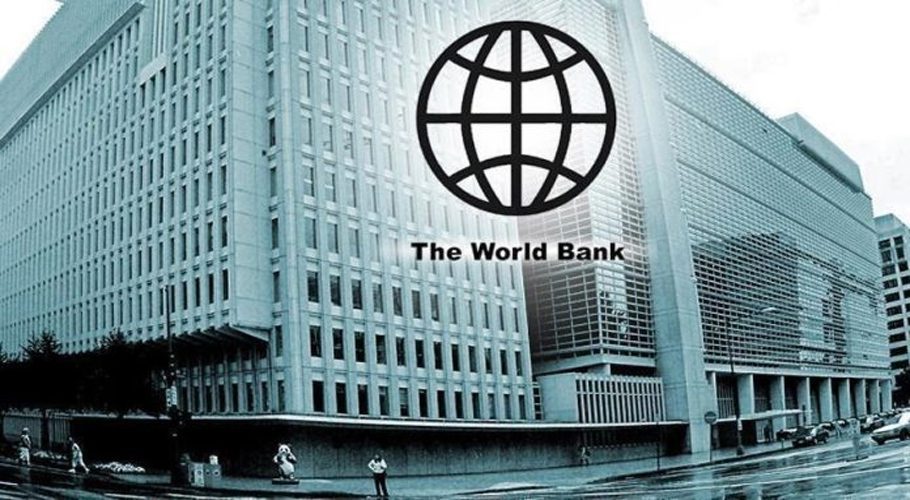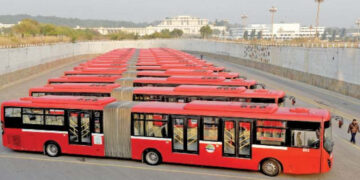![]() Follow Us on Google News
Follow Us on Google News
A nation’s true character is recognized on a global scale by its actions. If the intention is to ascertain the genuine identity of a nation, one should observe the level of eagerness for justice and the extent of aversion towards oppression within it.
To understand the genuine strength of a nation, one must observe how the powerful treat the weak within it. As much as people rule with ‘might is right’ simultaneously, this distances them from humanity and brings them closer to animality, as power often corrupts.
If the message is not understood, let’s internalize this simple principle: the king of the jungle, the lion, is so because it possesses power. If that power were transferred to a jackal, it would become the ruler. A similar tale applies to Pakistan.
Here, power has united the powerful, and democracy, the democracy that was established by those who handed over power to their children in the form of inheritance, has ingrained the idea that “We are kings, descendants of kings, while you, the people, are slaves, descendants of slaves.”
On Wednesday, 9th August, an Indian professor teaching peace and conflict at a Swedish university tweeted that the Pakistani establishment prevented Imran Khan from contesting elections for 5 years. Following the Maldives, the same pragmatism is being tested in Pakistan.
Indian Professor Ashok Swain said, “The same pragmatism was attempted in India as well, but the Indian Supreme Court did not let it succeed for long.” Meaning, if the Pakistani Supreme Court had as much power as the Indian Supreme Court, the outcome might have been different.
Another interpretation could be that if we remove the condition of “for some time,” the Indian Supreme Court hasn’t fully thwarted the enforcement of this pragmatism, because while democracy may be strong in India, justice isn’t.
Justice hasn’t flourished in India just like in Pakistan. The biggest evidence is the widespread corruption, mistreatment of Muslims and other minorities, and violence and looting in Indian states including Delhi, which have forced an ordinary citizen to rethink a lot.
Referring back to our theme of “One Tweet, Three Stories,” the first story involves Imran Khan’s imprisonment, which was attributed to the Pakistani establishment by the Indian professor, and which we can attribute to both the government and the judiciary, as Imran Khan was sentenced by a judge.
The second story is about India, where this pragmatism failed because the Modi government forced multiple opposition leaders to be imprisoned under various cases, but leaders like Rahul Gandhi and others are still free and openly criticizing the Modi government.
The third story belongs to the Maldives, where on 6th August, the Supreme Court sentenced former President Abdullah Yameen to jail, depriving him of participating in the September presidential elections, even though the Maldivian Progressive Party (PPM) had nominated him as its candidate.
Interestingly, the former president of the Maldives also faces similar allegations as those imposed on Imran Khan, including misuse of power, money laundering, and accepting bribes. Just as when people here are surprised by these allegations against Imran Khan, the citizens of the Maldives are equally astonished about what’s happening there?



























